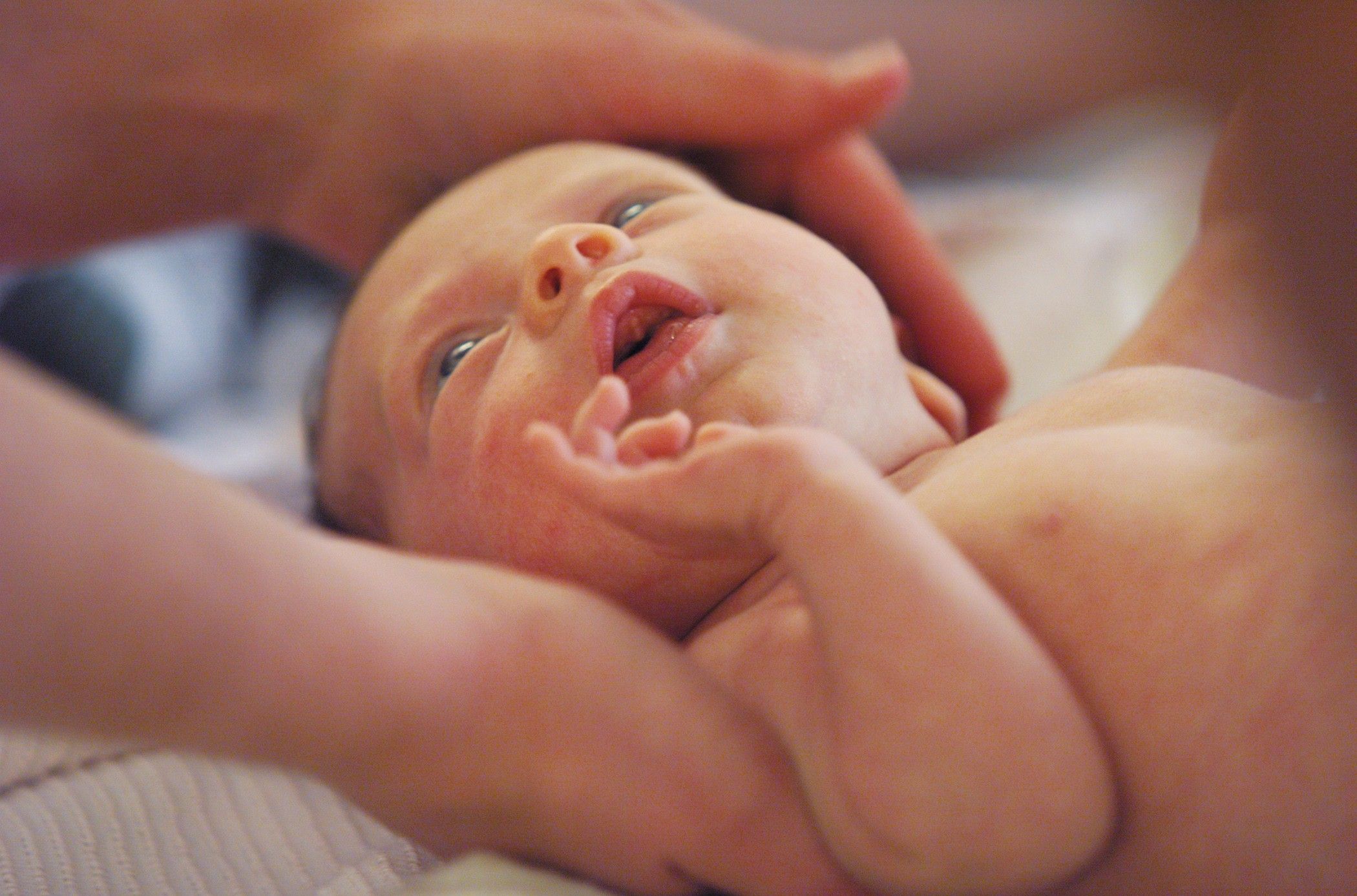C-Sections, Early Antibiotic Use Raise Risk of Allergic Esophagitis in Kids
Children delivered by cesarean section and those given antibiotics early in infancy may be more prone to developing allergic inflammation of the esophagus.

Children delivered by cesarean section (C-section) and those given antibiotics early in infancy may be more prone to developing allergic inflammation of the esophagus, according to a recent study published online May 2, 2014, in the Journal of Allergy and Clinical Immunology: In Practice. Researchers from Johns Hopkins Children’s Center and Harvard Medical School said that the 2 events may precipitate disease development by altering a child’s gut microbiota.
“It is becoming increasingly clear that the early development and composition of our gut bacteria can influence immunity for life,” lead author Corinne Keet, MD, PhD, a pediatric allergist at Johns Hopkins, said in a statement.
Eosinophilic esophagitis (EoE), an emerging allergic disease, while rare, is on the rise in children and adults. EoE’s main symptoms mimic gastritis and the only way to definitively distinguish between the 2 disorders is through a biopsy of the esophagus.
The researchers followed the medical records and upper endoscopy test results of 99 children, ages 1 to 5, 25% of whom had EoE. The rate of EoE was 3 times higher among children born by C-section compared with those delivered vaginally, and EoE rates were 3.5 times higher among children treated with antibiotics in the first year of life.
The mechanism for the association between C-section delivery and antibiotics in the development of EoE remains unknown, although the 2 factors are suspected of precipitating serious shifts in composition of a baby’s developing gut.
Bacteria from the mother’s birth canal that are transferred to a baby during a vaginal delivery help build immunity; these maternal bacteria are not transferred to the baby during C-section. This may make the immune system of the babies delivered by C-section more sensitive to food and other generally harmless substances. Furthermore, antibiotics during the first year of life may alter gut immunity by wiping out “healthy” and disease-causing bacteria alike.
“Our findings are yet another reminder to be vigilant against unnecessary antibiotic use, but particularly so in the first year of life because infants are extra sensitive to the effects of these drugs and can suffer lifelong consequences to immunity and digestive health,” Keet said.